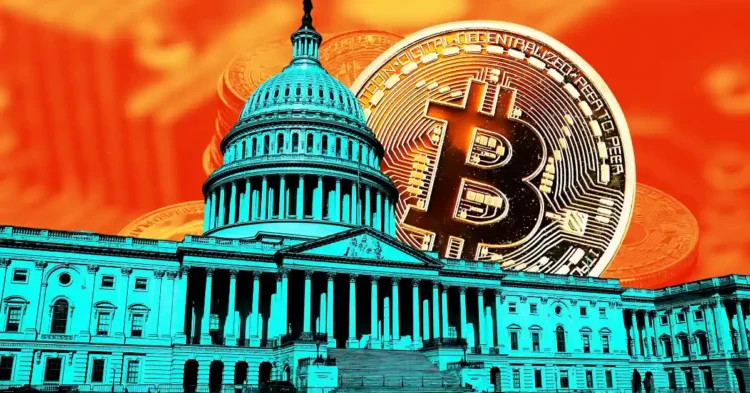The landscape of cryptocurrency crime prosecution is witnessing a significant transformation. According to recent insights from Reuters, the U.S. Attorney’s Office in Manhattan is reallocating its resources, signaling a new phase in the regulation and enforcement of digital asset-related crimes. This decision follows several high-profile convictions, most notably that of FTX founder Sam Bankman-Fried. A senior prosecutor has shed light on these developments, marking a pivotal moment for cryptocurrency regulations.
Fewer Prosecutors to Work on Crypto Cases
In a noteworthy statement, Scott Hartman, co-chief of the securities and commodities task force at the Southern District of New York (SDNY), shared his perspective on the evolving focus of his office. This announcement coincides with the appointment of former U.S. SEC chair Jay Clayton as the U.S. attorney in Manhattan, a move that could reshape the regulatory landscape.
Hartman emphasized that while the office remains committed to addressing cryptocurrency crimes, the number of prosecutors dedicated to these cases has decreased. This reduction comes after the tumultuous period known as “crypto winter,” when digital asset prices plummeted in 2022. During this time, the SDNY pursued several significant fraud cases to address the rampant issues within the crypto sector.
“You won’t see as much crypto-related activity emerging from the SDNY in the future,” Hartman stated during a conference organized by the Practising Law Institute in New York. He also acknowledged the vital role of regulatory partners, such as the SEC and the Commodity Futures Trading Commission (CFTC), in overseeing the crypto space.
This strategic shift underscores the collaborative efforts between various regulatory bodies, ensuring that the cryptocurrency market is monitored and regulated effectively. As the SDNY scales back its direct involvement, these agencies continue to play a crucial role in maintaining the integrity of the digital asset ecosystem.
Gensler’s Hostile Approach
Jay Clayton, who served as the director of the SEC from 2017 to 2021, adopted a relatively moderate stance on cryptocurrency regulation, reflecting the smaller scale of the industry at the time. However, the current administration, under the leadership of SEC Chair Gary Gensler, has adopted a more stringent approach. This has drawn criticism from the crypto community, which views the current regulatory environment as overly aggressive.
Many in the cryptocurrency sector supported Donald Trump’s campaign, anticipating a regulatory shift more favorable to digital assets. The potential departure of Gensler from his position could signify a significant change, not only within the United States but also globally. Such a shift could herald a more balanced regulatory framework, fostering innovation while ensuring investor protection.
As the regulatory landscape continues to evolve, stakeholders within the cryptocurrency industry remain vigilant, eager to adapt to and shape the future of digital asset regulation. The ongoing dialogue between regulatory bodies and industry leaders will be crucial in navigating the complexities of this rapidly advancing sector.











